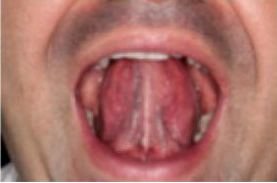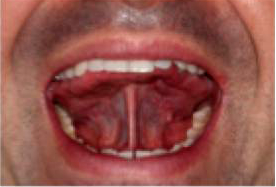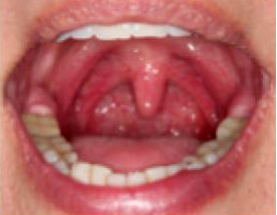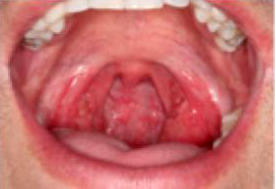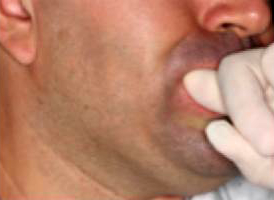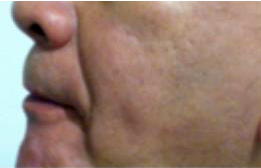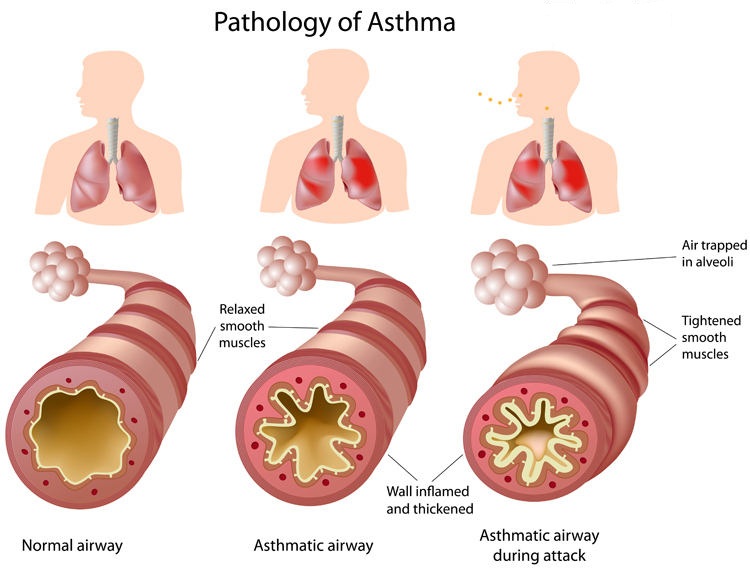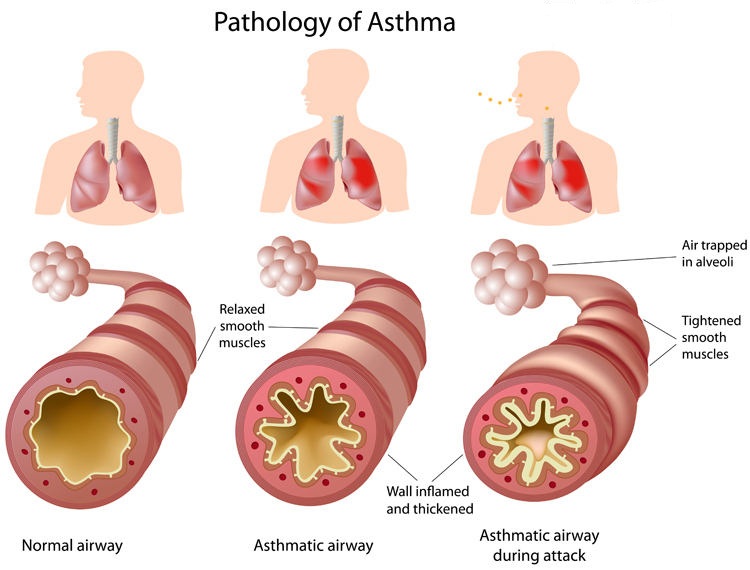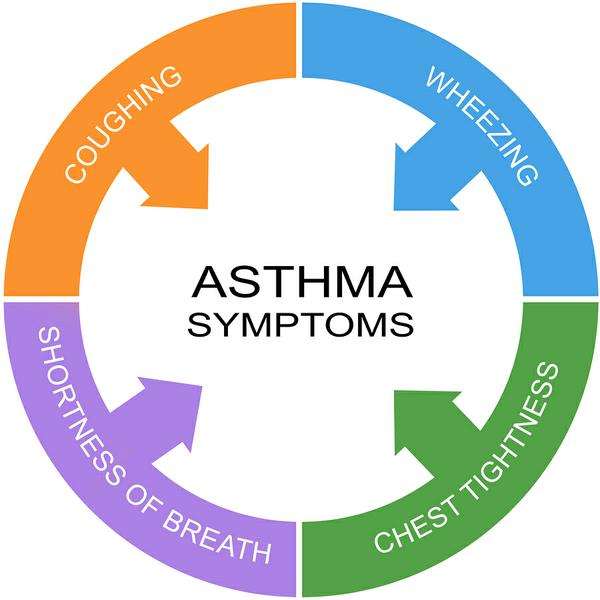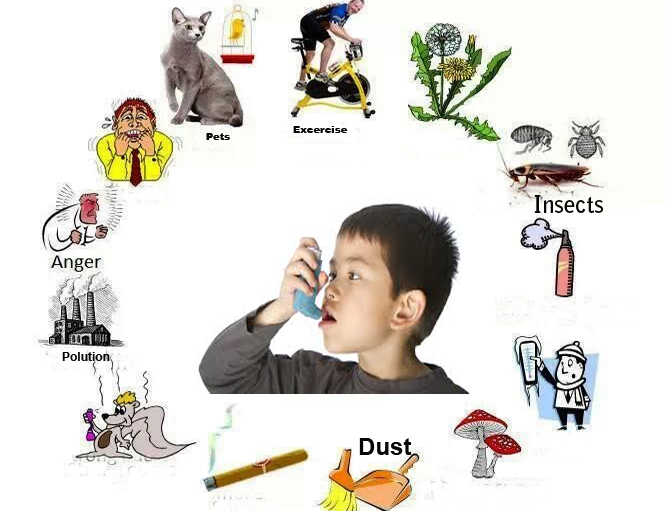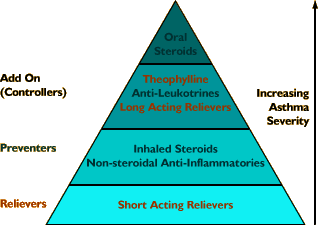There are many ways to prevent ENT disorders, though it is not always possible, as in the case of congenital conditions. However, multiple ENT disorders can be prevented. Here are some things you can do to prevent ENT disorders. Frequent hand washing is the single most important thing you can do to prevent infection. Avoid exposure to illness, and practice good hygiene, such as covering your mouth when you cough and staying at home when you are sick.
Since it is difficult to teach good hygiene to small children, toddlers who attend daycare or preschool are at a higher risk of developing chronic ENT disorders.
Preventing Ear Infections
Ear infections are a common ENT disorder. They occur when germs enter the ear and become trapped there. Due to their infectious nature, there are many things you can do to prevent ear infections. Certain inherited traits, though, make some people, especially children, more prone to ear infections.
Here are a list of ways to prevent ear infections:
• Avoid exposure to cigarette smoke.
• Identify and treat allergies.
• Keep your child’s immunizations up to date.
• Do not remove earwax unless your physician tells you to.
Preventing Sinus Infections
Here are some ways you can protect yourself.
• If you have a cold, use a saline nasal spray (available over the counter) to keep your nasal passages from becoming blocked.
• Do not fly if you have a cold. If you must fly, consider use of a decongestant and nasal spray 30 minutes before take-off.
• Identify and treat allergies; long-term sinusitis is usually caused by allergies, while acute sinusitis is usually caused by bacteria.
• Try using saline nasal spray daily for chronic sinusitis.
Preventing Sore Throat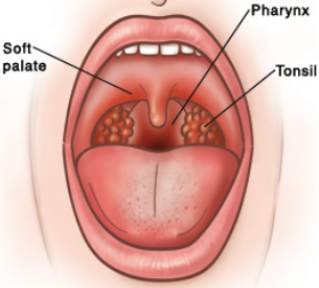
• Get plenty of rest and exercise to bolster your immune system.
• Avoid exposure to cigarette smoke.
• Do not spend long periods of time outside when the air quality in your area is poor.
• Treat esophageal reflux.
Preventing Snoring and Sleep Apnea

• Maintain a healthy body weight.
• Avoid alcohol or sedatives at bedtime.
• Identify and treat tonsillitis, nasal polyps or other disorders that can cause airway obstruction.
• Quit smoking.
Not all ENT disorders can be prevented. Many depend on inherited traits; however, following these suggestions may serve to keep you healthier in the future. Hand washing remains at the forefront of disease prevention, along with other isolation practices, including coughing in to your sleeve and staying at home while you are sick. These guidelines can also help strengthen your immune system, decreasing the likelihood of catching an illness and limiting the amount of time you spend sick.
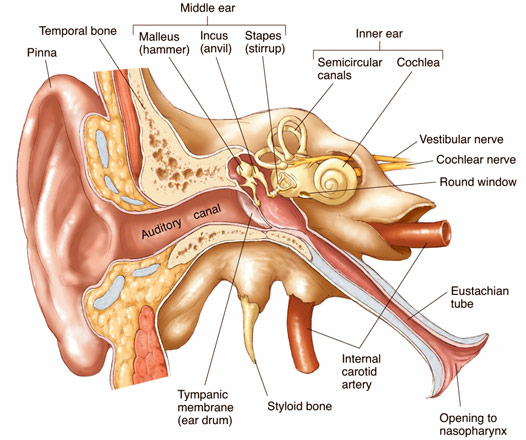
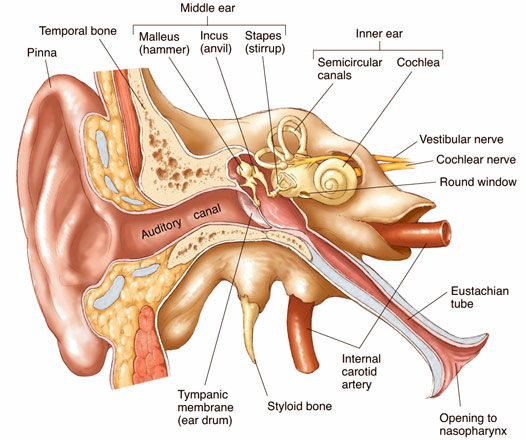
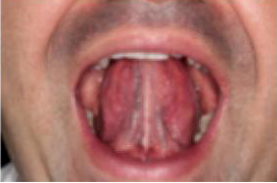
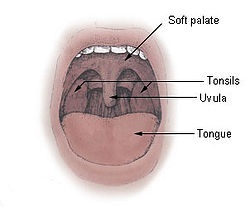 Snoring is the vibration of respiratory structures and the resulting sound due to obstructed air movement during breathing while sleeping. In some cases, the sound may be soft, but in most cases, it can be loud and unpleasant. Snoring during sleep may be a sign, or first alarm, of obstructive sleep apnea (OSA).
Snoring is the vibration of respiratory structures and the resulting sound due to obstructed air movement during breathing while sleeping. In some cases, the sound may be soft, but in most cases, it can be loud and unpleasant. Snoring during sleep may be a sign, or first alarm, of obstructive sleep apnea (OSA).